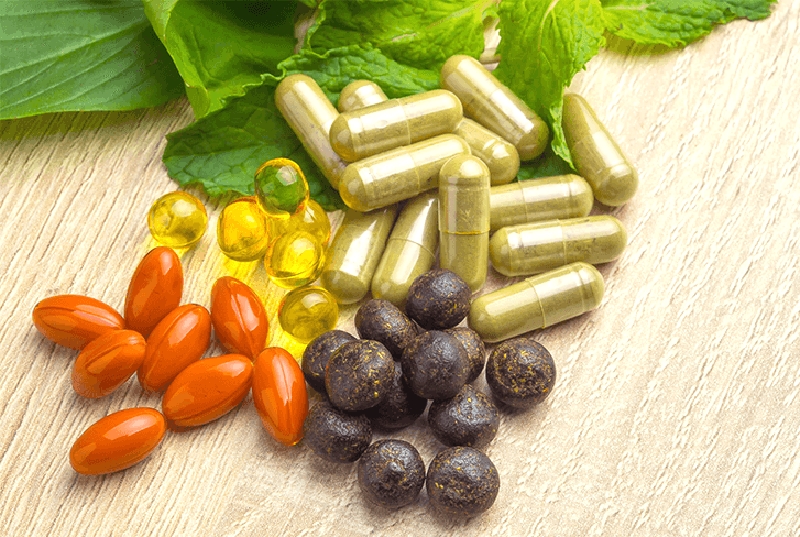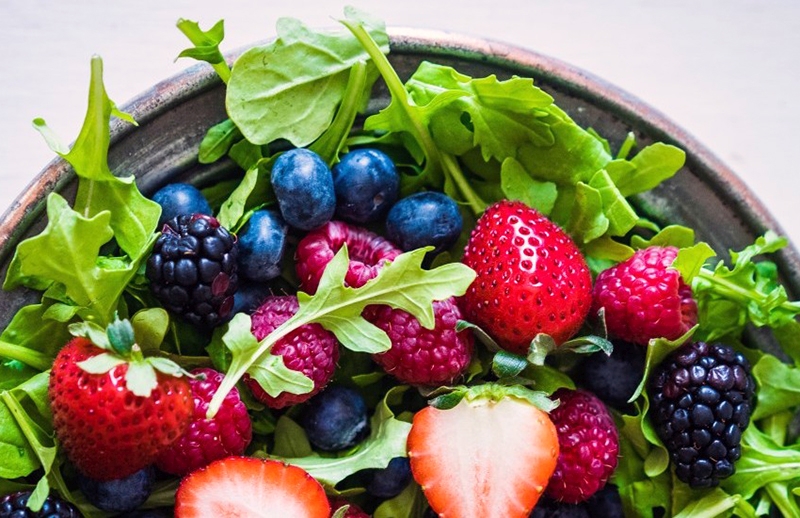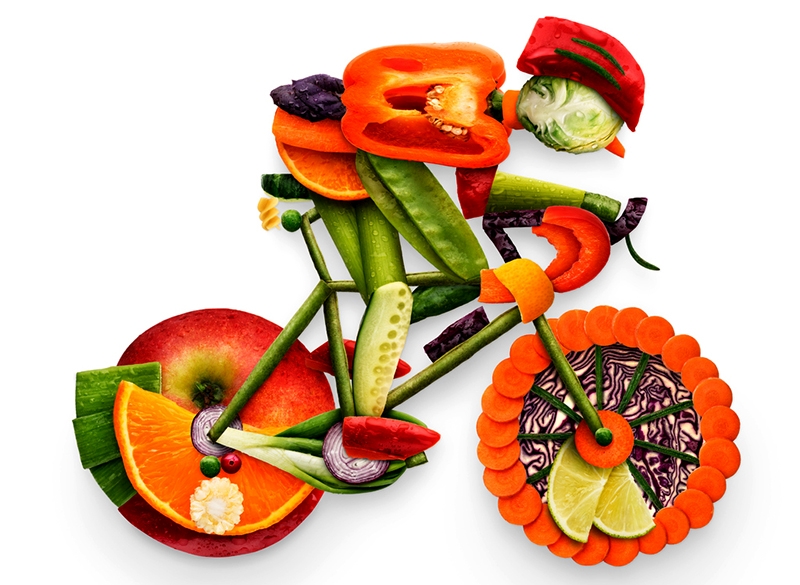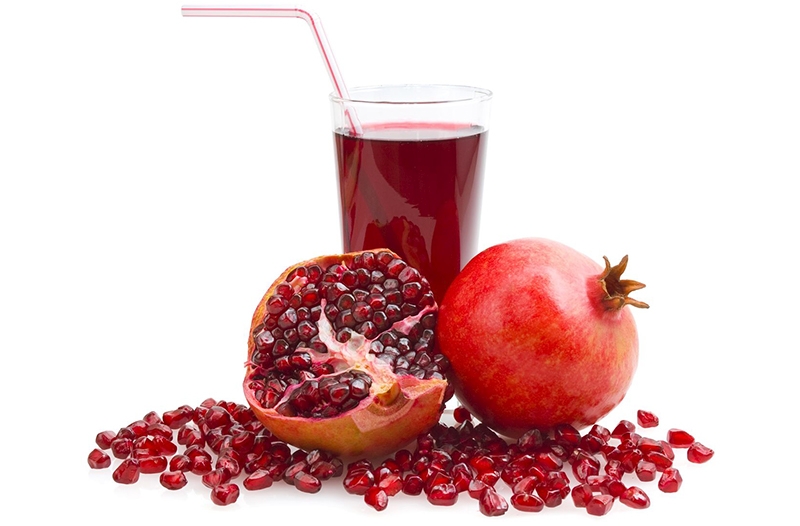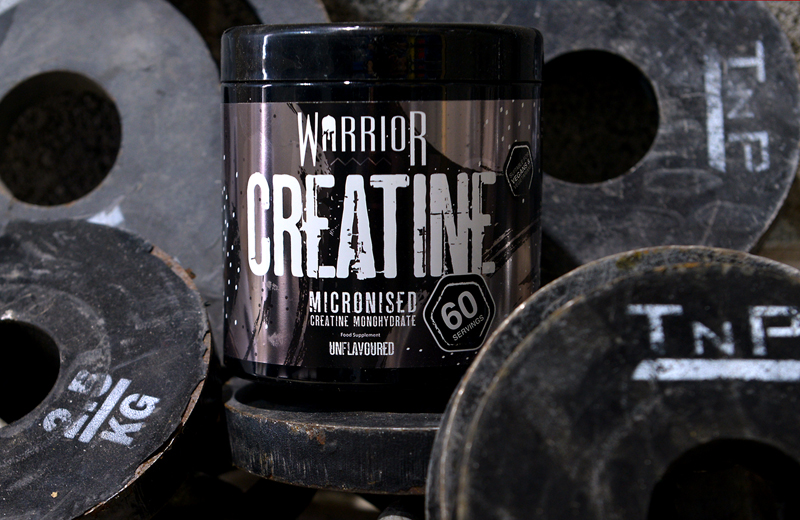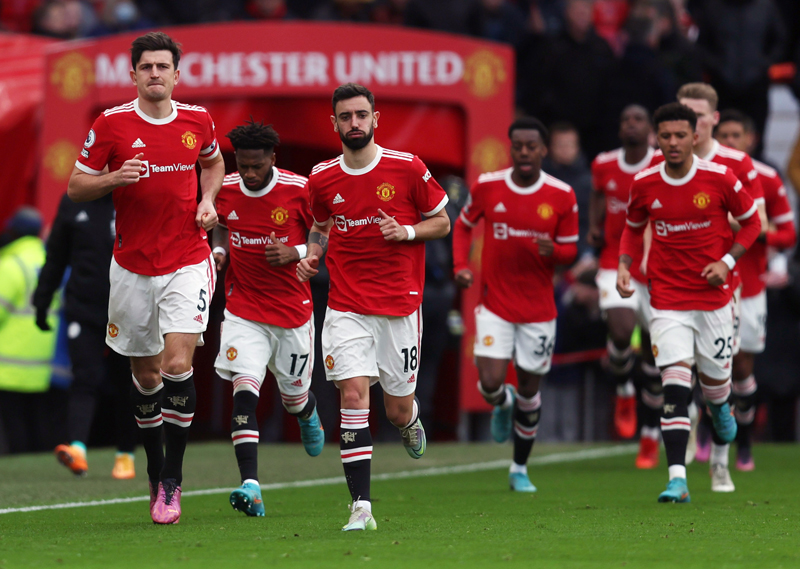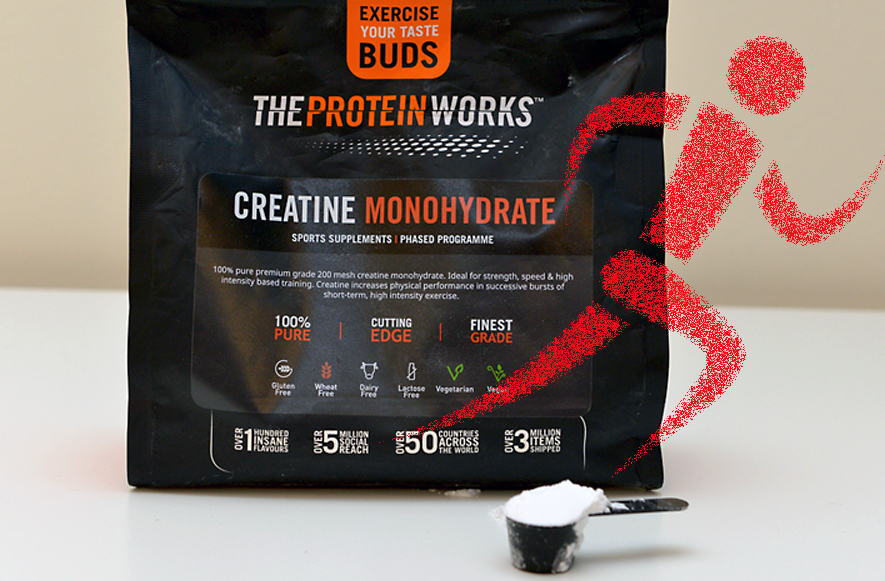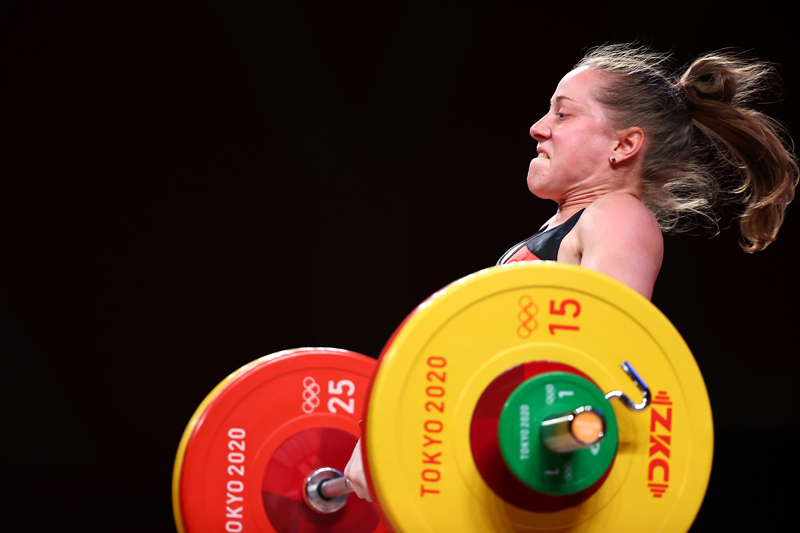You are viewing 1 of your 1 free articles. For unlimited access take a risk-free trial
Radical thinking: are your antioxidant supplements a waste of money?
Andrew Hamilton looks at recent research on the benefits of antioxidant supplements for athletes. Is it time to ditch the pills?
Andrew Hamilton looks at recent research on the benefits of antioxidant supplements for athletes. Is it time to ditch the pills?
Once upon a time, many scientists believed that because endurance athletes consumed and used a lot more oxygen than the average couch potato, they could benefit from an increased intake of antioxidants. The idea was that antioxidant supplements might help prevent an increase in free radical damage caused by all that oxygen flooding through the muscles, which in turn could help to protect muscle cells from tissue breakdown, thereby reducing post-exercise muscle soreness and speeding recovery. However, there’s a big fly in the antioxidant supplement ointment; while antioxidant supplements do seem to offer some protection against muscle damage, there’s very little evidence that this translates into improved endurance performance (see this article for more information on the link between antioxidants and performance).
Antioxidant protection: is it real?
The link between performance (at least in the shorter term) and antioxidant supplement intake is tenuous at best and maybe we should regard these supplements not as performance enhancers, but more as ‘protectors’ in the body. However, some scientists believe that antioxidant supplements fail to provide even these theoretical benefits – largely because one of the best ways to enhance your body’s antioxidant defences is to exercise more – something that athletes already do a lot of!
As an illustration of this point, an excellent study on the antioxidant statuses of professional cyclists by Spanish scientists makes for fascinating reading – and throws further doubt on the value of antioxidant supplementation(1). In this study, the researchers investigated how different phases of training affected oxidative stress and antioxidant defences in athletes.
Ten professional cyclists were enrolled, and then split into two groups of five: one group comprised of cyclists using a high-quality vitamin/antioxidant supplement while in the other, the cyclists took no supplements at all. Both groups then followed the same design of training programme, which consisted of periods of hard training, tapering periods and ‘recovery training’ periods. All the cyclists were assessed for the total antioxidant capacity of their diet (food plus any supplements) during the programme. In addition blood samples were taken to measure how effective the cyclists’ internal (ie what was happening with the cells of the body) antioxidant defence capacities were (plasma oxygen radical absorption capacity or ‘ORAC’ for short) and to measure how much oxidative damage (lipid peroxidation and DNA damage) the cyclists’ cells were experiencing.
Equal protection
The results showed that during the training programme, the cyclists who took vitamin/antioxidant supplements had a greater total antioxidant capacity as measured from blood sample (as might be expected). In theory, this should have meant these cyclists were better equipped to overcome and defend against antioxidant damage. However, the antioxidant defence capacities (ORAC) of both groups were NOT significantly different. And although the supplemented cyclists seemed to have slightly lower measures of lipid peroxidation at the start of the training period, by the end of the study, the measures of cell damage were pretty much identical in both groups. Yet another key finding was that in both groups, the cyclists’ overall ability to cope with oxidative stress improved equally throughout the training period, irrespective of supplementation.
Practical implications for athletes
What this study seems to suggest is that the body is more than capable of boosting its own internal antioxidant defences against oxidative stress, and that additional antioxidant supplements appear to have little or no effect. And in contrast to some previous studies(2-4), this one also found no reduction in cell damage as a result of supplementation. There’s also another issue to consider; recent evidence suggests that high doses of some antioxidant supplements could actually harm endurance performance because they impair the process of training adaptation by interfering with important free radical-dependent signalling processes in muscles (read more here)(5). In plain English, free radical generation during exercise seems to switch on genes involved with building endurance in muscle cells – too much free radical suppression with antioxidant supplements may therefore blunt your gains in aerobic fitness! In terms of practical recommendations, the best advice is as follows:
- *Don’t take antioxidant supplements to enhance performance, especially high doses of single nutrients such as N-acetyl cysteine (NAC) or vitamins C and E. It’s unlikely they’ll help performance and they may even harm it;
- *Juices rich in natural antioxidants called anthocyanins such as cherry, raspberry, blackberry, blackcurrant, strawberry etc are much better options as supplements; they appear to help reduce muscle damage and soreness without any detrimental effects on performance (indeed, they may even improve it);
- *Boost your antioxidant intake naturally by ensuring your daily diet contains plenty of brightly coloured fresh fruits and vegetables – at least 5 portions a day.
References
- Eur J Sport Sci. 2014;14(8):830-8
- Med Sci Sports Exerc. 2013 Aug;45(8):1469-77
- J Sports Med Phys Fitness. 2012 Apr;52(2):170-4
- Eur J Nutr. 2012 Oct;51(7):791-9
- Appl Physiol Nutr Metab. 2013 Dec;38(12):1217-27
Newsletter Sign Up
Testimonials
Dr. Alexandra Fandetti-Robin, Back & Body Chiropractic
Elspeth Cowell MSCh DpodM SRCh HCPC reg
William Hunter, Nuffield Health
Newsletter Sign Up
Coaches Testimonials
Dr. Alexandra Fandetti-Robin, Back & Body Chiropractic
Elspeth Cowell MSCh DpodM SRCh HCPC reg
William Hunter, Nuffield Health
Keep up with latest sports science research and apply it to maximize performance
Today you have the chance to join a group of athletes, and sports coaches/trainers who all have something special in common...
They use the latest research to improve performance for themselves and their clients - both athletes and sports teams - with help from global specialists in the fields of sports science, sports medicine and sports psychology.
They do this by reading Sports Performance Bulletin, an easy-to-digest but serious-minded journal dedicated to high performance sports. SPB offers a wealth of information and insight into the latest research, in an easily-accessible and understood format, along with a wealth of practical recommendations.
*includes 3 coaching manuals
Get Inspired
All the latest techniques and approaches
Sports Performance Bulletin helps dedicated endurance athletes improve their performance. Sense-checking the latest sports science research, and sourcing evidence and case studies to support findings, Sports Performance Bulletin turns proven insights into easily digestible practical advice. Supporting athletes, coaches and professionals who wish to ensure their guidance and programmes are kept right up to date and based on credible science.
